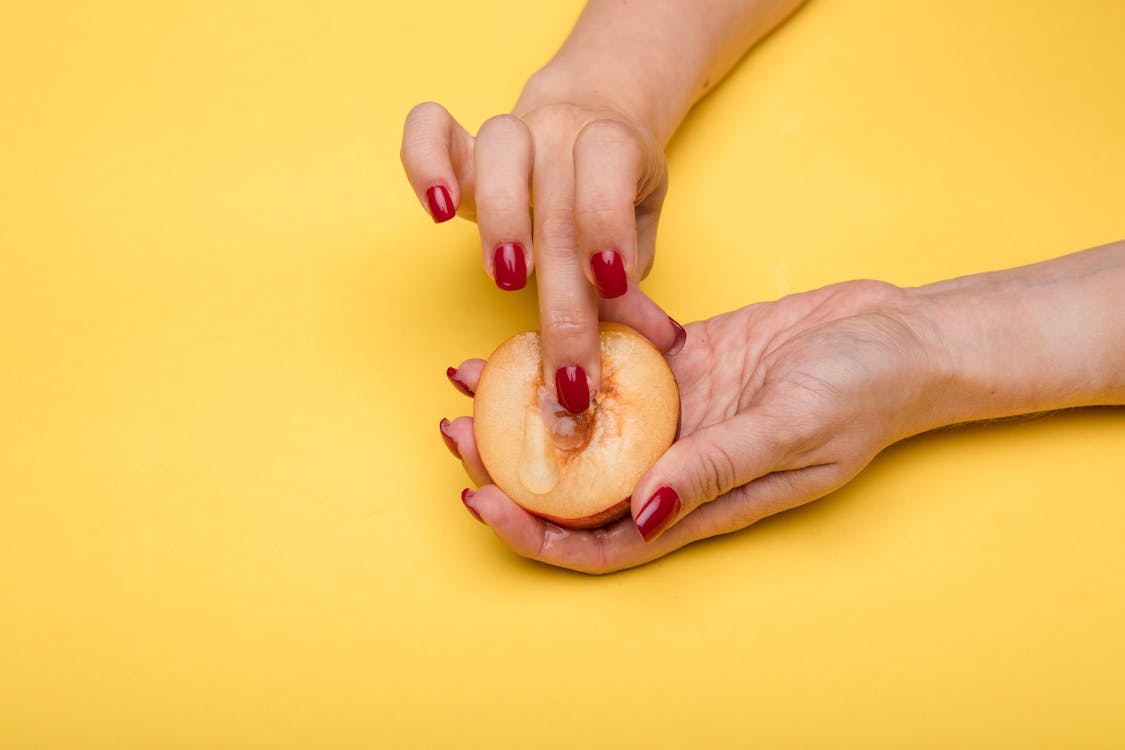The first time I experienced this weird sensation, I thought I had wet myself. Watery discharge feels like I peed myself, but it’s actually not urine at all, but the natural vaginal secretions that help keep your vagina healthy and clean.
Having an excess of these secretions or experiencing them after making love can be upsetting, but don’t worry—there are things you can do to manage the condition and prevent it from happening again in the future.
This article will explain why there's a watery discharge that feels like you peed yourself and what you can do about it!
Read Also: Disadvantages of Having Sex Every Day
When you have a lot of clear watery discharge, what does it mean?
To begin, it's important to note that there are several elements to consider when discussing vaginal discharge, including watery discharges that make you feel like you've wet yourself.
A discharge that is considered normal by one person may cause concern in the eyes of another.
This applies to the consistency and colour of the discharge, as well as the frequency with which you experience it. Now that we've cleaned things out, it's time to, ahem, provide some further information.
There are several reasons why you may be experiencing a lot of clear, watery discharge:
1. Your Vajayjay is healthy and normal

Healthy vaginal discharge has a slight odour, is clear or white-ish in colour, and can be generated in the uterus, cervix, or vagina to maintain the vagina clean and infection-free. The acidic nature of the clear, watery discharge washes away dangerous germs and dead cells.
During their reproductive years, most women with vaginal discharge experience 1 to 4 millilitres (about 1/2 teaspoon) of discharge every day — and yes, it can be runny and make you feel like you wet yourself.
Some women produce even more clear, watery discharge during the early stages of pregnancy, which is likewise not a cause for worry.
It might be your water breaking (even if you're not fully to term) if a substantial, unexpected flow of fluid comes out of your vagina during the later stages of pregnancy. In either case, you'd require immediate medical assistance.
While creating clear, watery discharge is normally normal whether you're pregnant or not, it's critical to consult your doctor if you notice any indicators that your discharge isn't healthy and might indicate infection.
2. Hormonal contraceptive

For birth control, many women use contraceptive tablets. These contraceptive tablets create a significantly higher amount of discharge than usual. This is feasible since oestrogen is a hormone found in women's bodies. Estrogen is involved in the creation and release of fluids in the female body.
When a woman takes hormonal contraceptives that include oestrogen on a regular basis, her oestrogen level rises dramatically, resulting in a large amount of fluid discharge from the vaginal area, which may make it appear as if she has wet herself.
3. Sexual Arousal

It might seem like you wet yourself if the clear, watery discharge generated while sexually stimulated escapes your vaginal opening all at once. While most individuals are aware of their turn-ons, your brain may occasionally surprise you by eliciting a strong sexual attraction response in response to someone or something new.
4. Pregnancy

As previously stated, the cervix is involved in the creation of the discharge that emerges from a woman's body. The cervix changes during pregnancy, which has an impact on vaginal discharge. So, sure, a watery discharge during pregnancy might make you feel like you've wet yourself.
The cervix and the vaginal wall become softer than they were under normal conditions, resulting in greater vaginal discharge, which may make you feel like you've wet yourself.
5. Menopause

Clear, watery discharge that feels like you wet yourself during menopause might indicate vaginal atrophy, a disease in which the vaginal walls gradually shrink.
What should I do about it (watery discharge feels like I peed myself)?
1. Vaginal Douching Should Be Avoided:
Douching is the process of 'washing' the vaginal area with cosmetics such as lotion, cream, shampoo, and medicated soap. This action has the potential to disrupt the natural vaginal flora. The act of inserting yoni pearls, for example, might affect the vaginal bacteria.
2. Put on cotton or tight underwear:
Wear cotton underwear whenever feasible and avoid synthetic underwear as much as possible. Also, make sure your underwear is pressed and replaced on a daily or twice-daily basis. Tampons should also be avoided.
3. Don't Use Public Restrooms:
If you must use a public restroom, wear anion panty liners (unless you are pregnant) to avoid a watery discharge that makes you feel like you wet yourself.
4. Avoid going to the beach or the pool too often:
Public pools are a total "no" if you're experiencing this. I would also recommend that you see your gynaecologist concerning the watery discharge despite taking these precautions.
Conclusion
A typical vaginal discharge is usually nothing to be worried about. For one thing, discharges maintain the vaginal area clean and clear of germs. Healthy bacteria in your vaginal environment aid in the acidification of your discharges.
This acidic discharge kills microorganisms and eliminates dead cells. Vaginal discharge can start anywhere from six months to a year before a girl's menstruation. Hormonal shifts are to blame. If the discharge is watery, it's probably not an infection.
The amount of clear and watery discharge you produce might arise at any time during your period. Estrogen has the ability to increase fluid production. If you notice a bad odour or a change in colour, consult your doctor right once.


